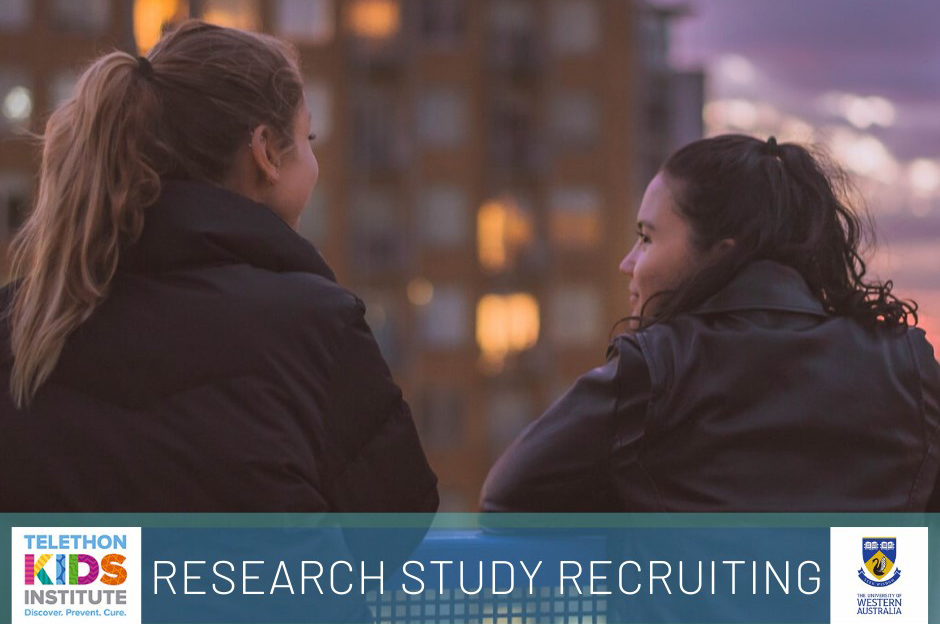Search
Showing results for "Au"
Research
Distinguishing benign from pathologic TH2 immunity in atopic childrenIn addition to its role in blocking TH2 effector activation in the late-phase allergic response, IL-10 is a known IgG1 switch factor
Research
How many infants are temperamentally difficult?In this letter, the authors respond to the commentary on Chong et al. “How many infants are temperamentally difficult?”; by correcting errors, & then...
Research
CD4 allergen tetramersThe introduction of class II tetramers for identifying antigen-binding CD41 cells has lagged behind the use of class I tetramers because of difficulties...
Research
The role of dendritic cells and regulatory T cells in the regulation of allergic asthmaAirways hyperresponsiveness (AHR) is one of the major clinical features of allergic airways disease including allergic asthma

Are you 14-18 years old and attracted to people the same gender as you? We want you to help us understand how you feel other people see and treat you, and how this affects your mental health.
The Opportunity: Vaccine Trials Group are looking for two Research Nurses to work in our vibrant team. The Research Nurses will work alongside the
The Opportunity The Biostatistician provides statistical guidance and support in respiratory disease (primarily cystic fibrosis) disease including
An exciting opportunity to work in the Children's Lung Health research team to improve lung health in Aboriginal children and their families

